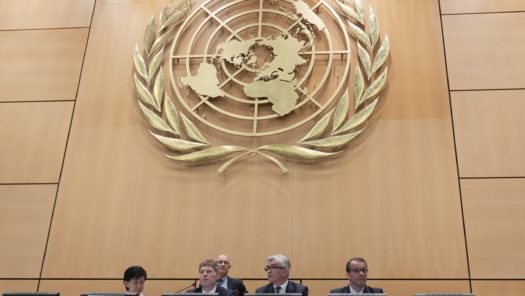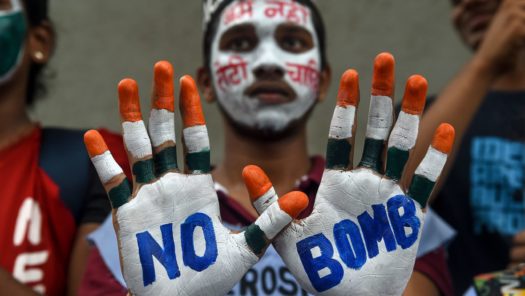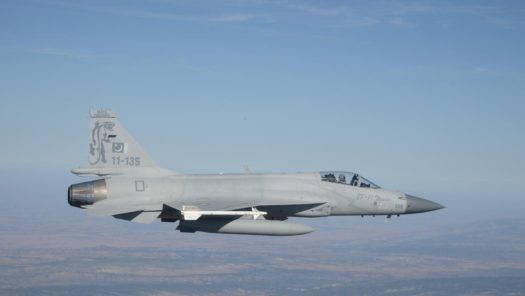Nonproliferation
Return to article
Atoms for Partners?
SAV recently published a piece by Hely Desai on India's development of small modular reactors and its implications for New Delhi's nuclear energy and economic goals. In this analysis, Brigadier (Retd). Zahir Kazmi responds with some of the concerns that…

Revisiting India-Pakistan CBMs
In May 2016, the South Asian Voices series "18 Years On: Examining the State of India-Pakistan Nuclear CBMs," asked contributors to explore the effectiveness of confidence-building measures (CBMs) between India and Pakistan since the two countries' 1998 nuclear tests. In…

اسلحے کی روک تھام کے ضابطوں کی منسوخی: جنوبی ایشیا میں ڈیٹرنس اور سلامتی پر اثرات
ٹرمپ انتظامیہ کی جانب سے روس کے ساتھ اسلحے کی روک تھام کے دو کلیدی معاہدوں انٹرمیڈیٹ رینج نیوکلیئر فورس ٹریٹی (آئی این ایف) اور حال ہی میں اوپن سکائیز ٹریٹی (او ایس ٹی) سے دستبرداری کے فیصلے نے اسلحے…

Unraveling of Arms Control Norms: Impact on Security and Deterrence in South Asia
The Trump administration’s decision to abandon two key bilateral arms control pacts with Russia, the Intermediate-Range Nuclear Force Treaty (INF) and recently the Open Skies Treaty (OST), is calling into question the arms control and non-proliferation norms which have long…

Civil Society Mobilization for Reducing Nuclear Risks in South Asia
In 2017 Sobia Paracha examined the role of civil society in reducing nuclear risks globally and in South Asia. In light of the recent 75th anniversary of Trinity test – the world's first nuclear explosion – her words, reproduced below,…

Enhancing Deterrence Stability on the Subcontinent: the Case for Conventional Deterrence
I. Introduction South Asia’s security landscape is intricate and dangerous. Two nuclear weapon states, India and Pakistan, stand locked and loaded on a long and volatile border. The nuclear dyad has experienced previous close calls with escalatory potential, from the…